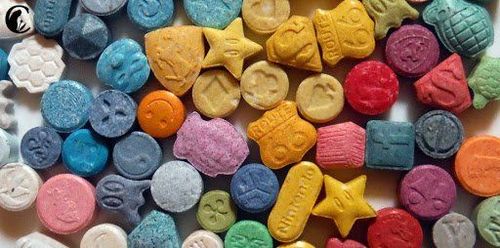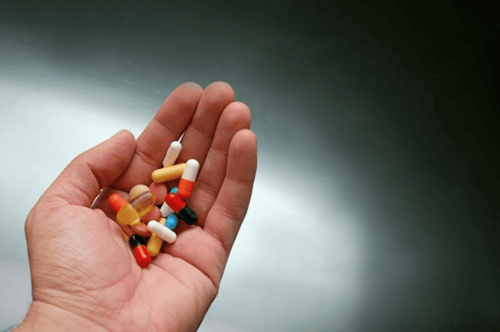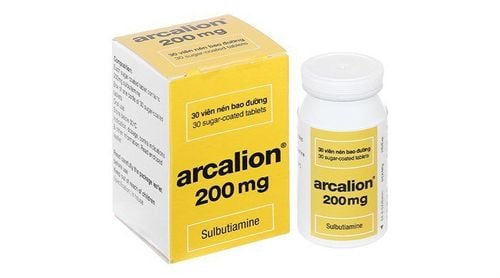This is an automatically translated article.
Peer pressure involves doing something you don't want to do in order to fit in with your friends. Peer pressure can be both positive and negative. Teenagers often experience negative peer pressure related to alcohol and drug use. Learning how to say no and choose the right friends can help a teen deal with peer pressure.
1. What is peer pressure?
Peer pressure or peer influence is when you choose to do something you don't want to do just because you want to feel accepted and appreciated by your friends.
There are different types of peer pressure on adolescents, ranging from positive to negative, and includes peer pressure or emotional pressure. These different forms of peer pressure can have a noticeable impact on adolescents' choices and behaviors.
Sometimes peer pressure can lead to unhealthy or dangerous behaviors, but it can also affect teens in positive ways, such as by encouraging them to make an effort fully at school.
1.1. Negative and positive peer pressure Negative peer pressure and positive peer pressure can both influence an adolescent's choices. According to experts, negative peer pressure can persuade teens to engage in risky or rule-breaking behaviors, while positive peer pressure leads teens to make poor choices. Choose healthy and beneficial.
Examples of negative peer pressure include:
Being asked to try alcohol or smoking Encouraging a friend to have unprotected sex Asking a friend to participate in shopping from a store Persuading peer truant Positive peer pressure can be related to any of the following:
Encourage a friend to try a new club at school Supporting a friend to study harder and improve their scores Colleagues invite friends to join a sports team Invite a friend to volunteer at a charity event
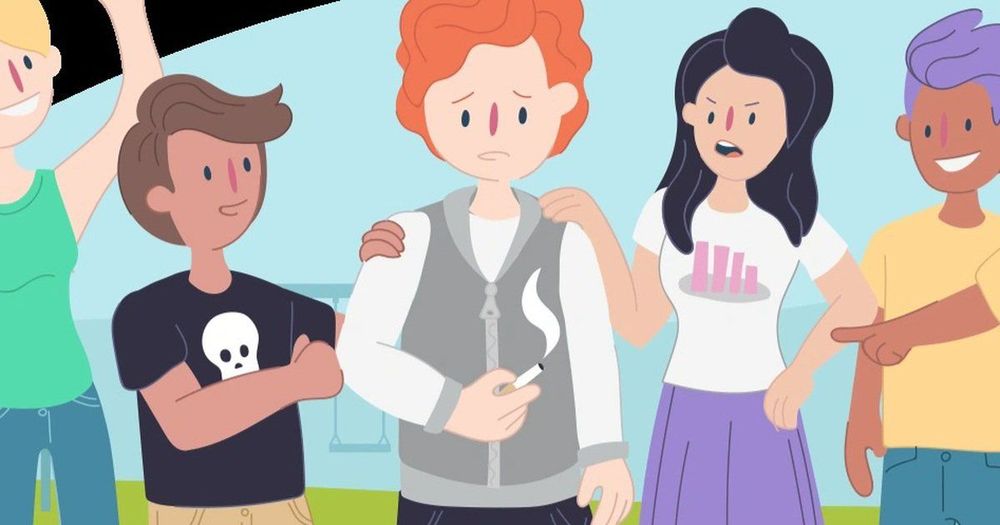
Áp lực bạn bè tiêu cực và tích cực có thể ảnh hưởng tới trẻ
1.2. Verbal pressure or emotional pressure
Friend influence can be verbal or known as verbal pressure or emotional pressure that comes from a friend's actions.
Verbal peer pressure are the words your friends have on you, they can be related to: encouraging participation in certain activities, teasing for not engaging in “cool” behaviors such as drinking, offering alcohol or tobacco, asking friends if they want to participate in an activity, such as attending a party, etc. Mental pressure comes from your actions Friends often involve peer friends modeling certain behaviors. For example, in a group of young people, if most of you are smokers, it will lead the teenagers in the group to believe that smoking is the right thing to do. Mental pressure can also be related to witnessing co-workers dress a certain way or listening to a particular type of music, as witnessing these behaviors can put pressure on others to choose the same music or clothes.
2. Effects of peer pressure
As discussed above, the effects of peer pressure can be beneficial or negative and can affect many aspects of adolescents' lives, including the following:
Relationship choices health-related issues, such as eating and exercising habits Alcohol, tobacco, and drug use, School outcomes and perceptions, Clothing and entertainment choices, Choices about sexual identity and romantic partners Specifically, on negative pressure:
A review of research shows that peers have a greater influence on substance abuse in adolescents than parents . Peers may encourage their friends to use drugs and alcohol or tease them for being afraid to try them, which can lead to adolescents starting to drink and use drugs. The effects of peer pressure can also influence sexual behavior in adolescents. One study found that peers' attitudes about sex have a significant influence on adolescents' sexual behavior. On positive pressure:
Previous research has found that peer beliefs can positively influence attitudes regarding contraception and safe sex.
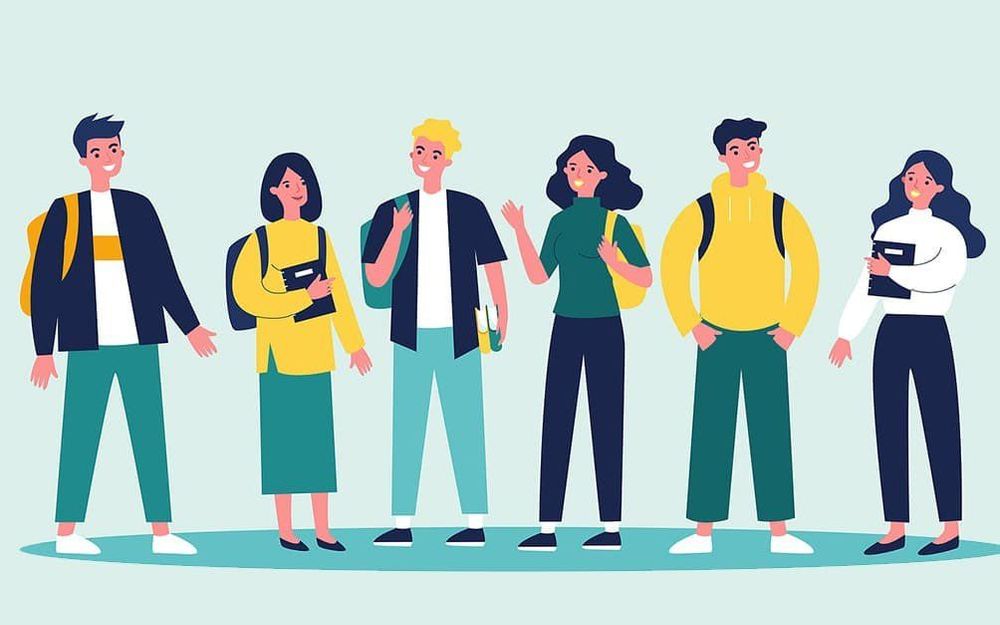
Áp lực bạn bè có thể ảnh hưởng tới nhiều mặt trong cuộc sống
3. How to deal with peer pressure?
Although peer pressure can be positive, many teens may wonder how to combat negative peer pressure. Some ways to help teens deal with peer pressure include:
Learn to say no: Refusing to participate in activities you don't feel comfortable with is a way to combat peer pressure. Plan ahead and practice what you would say if you were pressured to do something you don't want to do. For example, before going out with friends, you can practice what you would say if offered a cigarette. You can say no with a simple "no thanks" or say you don't want it to affect your football training or you can say it makes your allergies. worse than. Know yourself: When faced with peer pressure to engage in risky behaviors, such as drug use or unsafe sex, it's important to remember the values of friend. For example, maybe getting good grades and getting accepted into a prestigious university or setting a good example for your siblings.... Keeping these in mind will give you more confidence to say no to an option. not suitable. Choose the right friends: The influence of friends during adolescence is strong, so it's important to choose your friends wisely. As mentioned earlier, peer pressure can have a positive effect, so having the right group of friends can help you make good choices. For example, choosing friends who value school and participating in positive activities like sports and church groups can limit your exposure to negative peer pressure.
4. When do teenagers experience peer pressure to seek medical attention?
Substance abuse among teenagers can be the result of peer pressure and some teens may need help if they develop problems with drugs or alcohol. There are several warning signs of teen drug abuse that may indicate your child may have a substance use disorder that requires professional intervention.
Behavioral changes such as: strange or violent behavior, creating stories to hide drug and alcohol abuse, loss of interest in hobbies and unwillingness to participate in activities, spending a lot of time at home alone, ... Emotional changes: anger and challenges in the face of behavior, depression and mood swings, decreased motivation,... Physical changes: scratching or scratching the skin, needle marks on arms, wearing long sleeves to cover skin problems or needle marks, changes in weight or sleeping habits, fatigue and sleepiness, foreign objects, such as scales, lighters , needles, balloons, tin foil, mirrors, tubes, vials, ziplock bags,... Social change: change in group of friends, avoidance of parents and siblings, poorer school performance or hiding study, sell personal belongings or steal to get money to buy drugs, talk a lot, Thus, peer pressure can be positive or negative. Parents should monitor children's behavior and psychology for timely advice. Good friends help teens develop healthy, positive habits and lifestyles.
Follow Vinmec International General Hospital website to get more health, nutrition and beauty information to protect the health of yourself and your loved ones in your family.
Please dial HOTLINE for more information or register for an appointment HERE. Download MyVinmec app to make appointments faster and to manage your bookings easily.
References: kidshealth.org, therecoveryvillage.com




